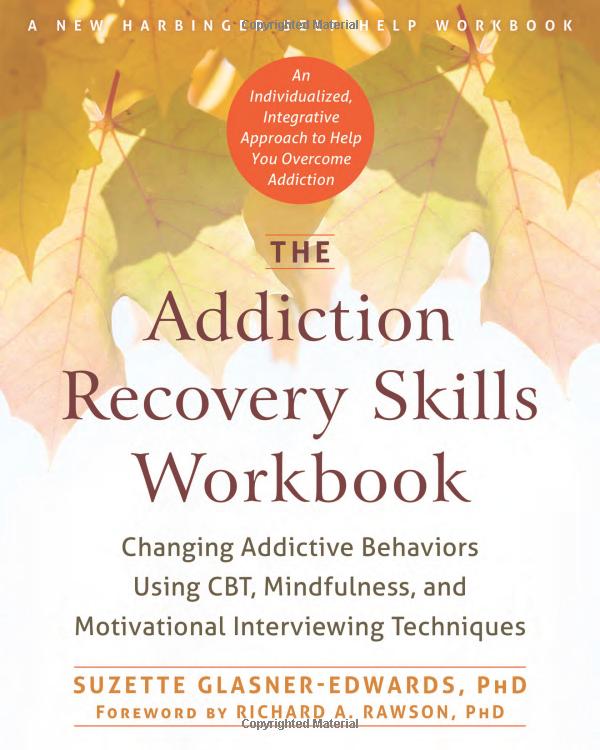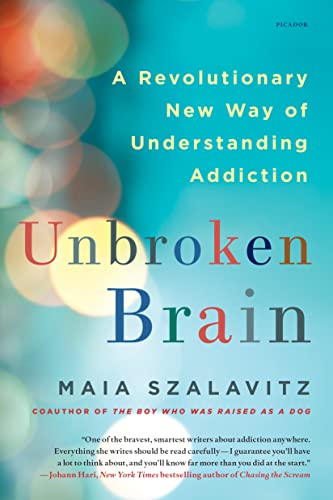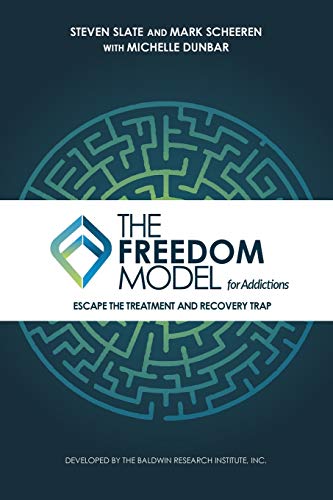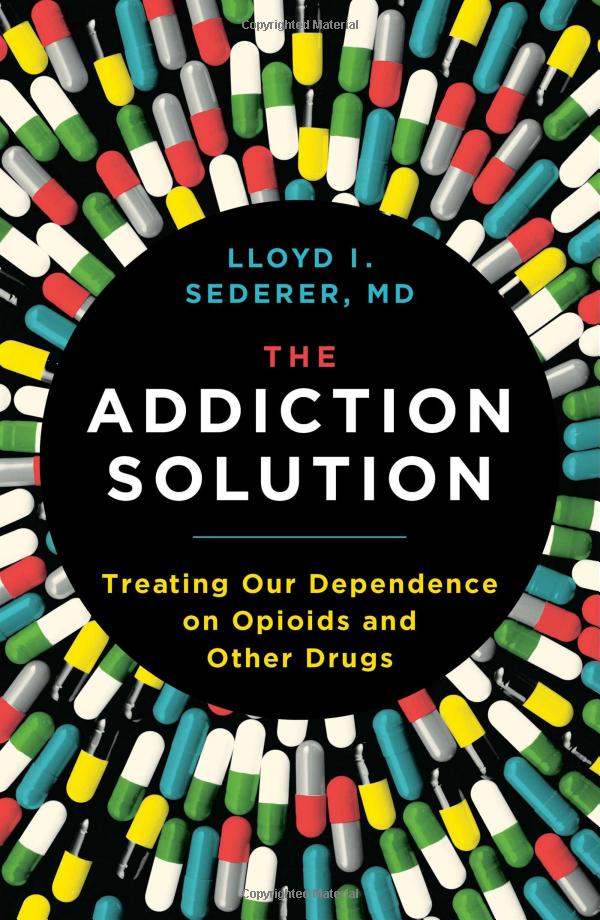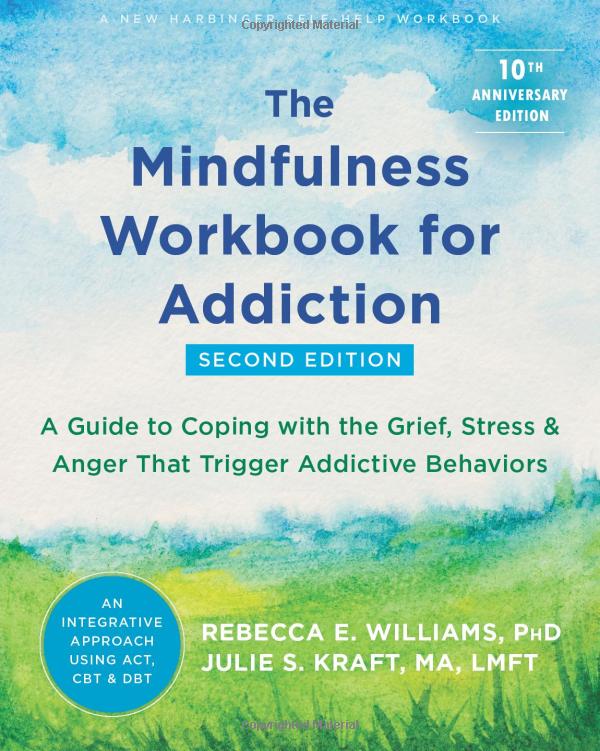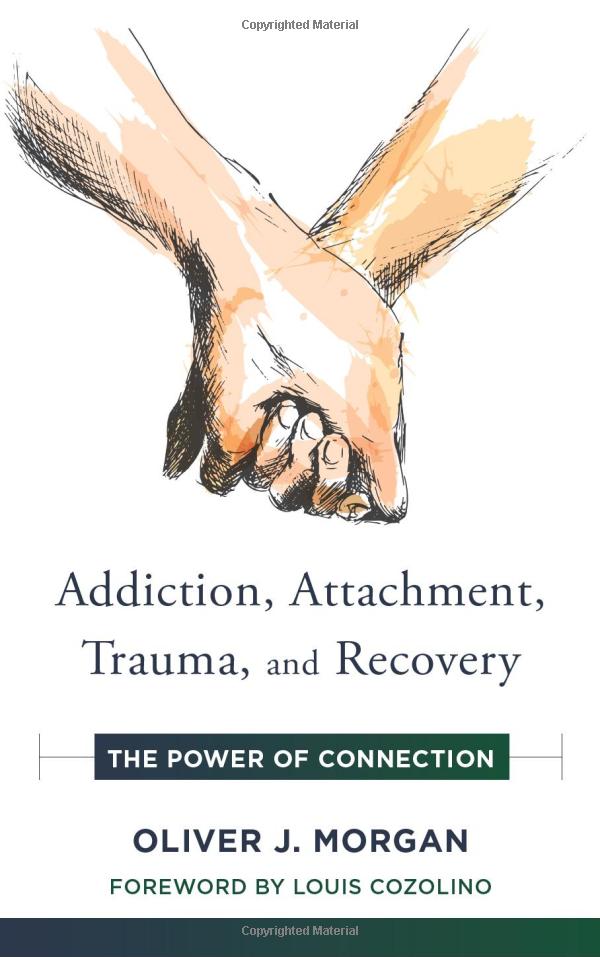What is alcoholic neuropathy?
You are most likely already aware of the effects that excess drinking can have on one’s general health. However one of the most common and yet least understood effects of heavy alcohol consumption is a condition known as alcoholic neuropathy. Because it is such a widespread problem that up to 65% of heavy drinkers suffer from some form of neuropathy or other.
Neuropathy is a disorder that causes the nerves in our bodies to malfunction. When neuropathy affects only one nerve is it called mononeuropathy and when it affects multiple nerves it is called polyneuropathy. As a neurotoxin alcohol damages the bodies nerve functions. Persistent alcohol use can progress toward polyneuropathy (with nerve damage running down both sides of the body). Essentially the neural signals between body parts and the brain essentially disconnect or get disrupted – which in turn leads to a number of skin, muscle and organ dysfunctions.
These dysfunctions cause a feeling similar to that of pins and needles that often times starts in your hands and feet. The condition progresses to general aching that is accompanied by a burning sensation in muscles which can also include spasms, cramps and other persistent aches.
The condition may persist, even when alcohol use is stopped.
Alcohol use obstructs the absorption of vitamins, minerals and enzymes which are essential for general organ and bodily health. People struggling with highly symptomatic alcohol use often neglect their diets and do not replenish lost nutrients caused by alcohol consumption this cycle causes a cascade malnutrition based side effects.
Even when the person stops drinking the malnutrition cycles may still continue because behaviorally the cycle of proper nutrition has not been adjusted to a restorative level to be recovering the body adequately.
Alcoholic neuropathy may start with a tingling numbness, pain and weakness often in the hands or feet but it may spread to other parts of the body, including legs, arms and torso and neck. Over time – without treatment – additional symptoms appear and or increase in severity. This discomfort makes it harder to move around or do things (even when sober).
Apart from the pain and the weakness, the symptoms of neuropathy expose sufferers to risks due to imbalance the lack of being able to feel certain warning pains due to the nerve damage.
In some cases, people with alcohol use disorders can actually become acutely aware of it only after they had stopped drinking because they are no longer desensitised by the alcohol and become more conscious of their bodily discomforts.
Although the first step is to stop drinking, the symptoms may persist until the neural disorder itself can be treated. Neurological tests and hospitalisation may be required to properly diagnose and start to recover from alcoholic neuropathy.
The risk of further, permanent neural damage increases with age and becomes worse when the person continues to drink, specialised care and talk therapy can help to get to what emotional factors are still driving the persistent use of alcohol however the cure for neuropathy stems from a more holistic approach which includes physical and biological factors.
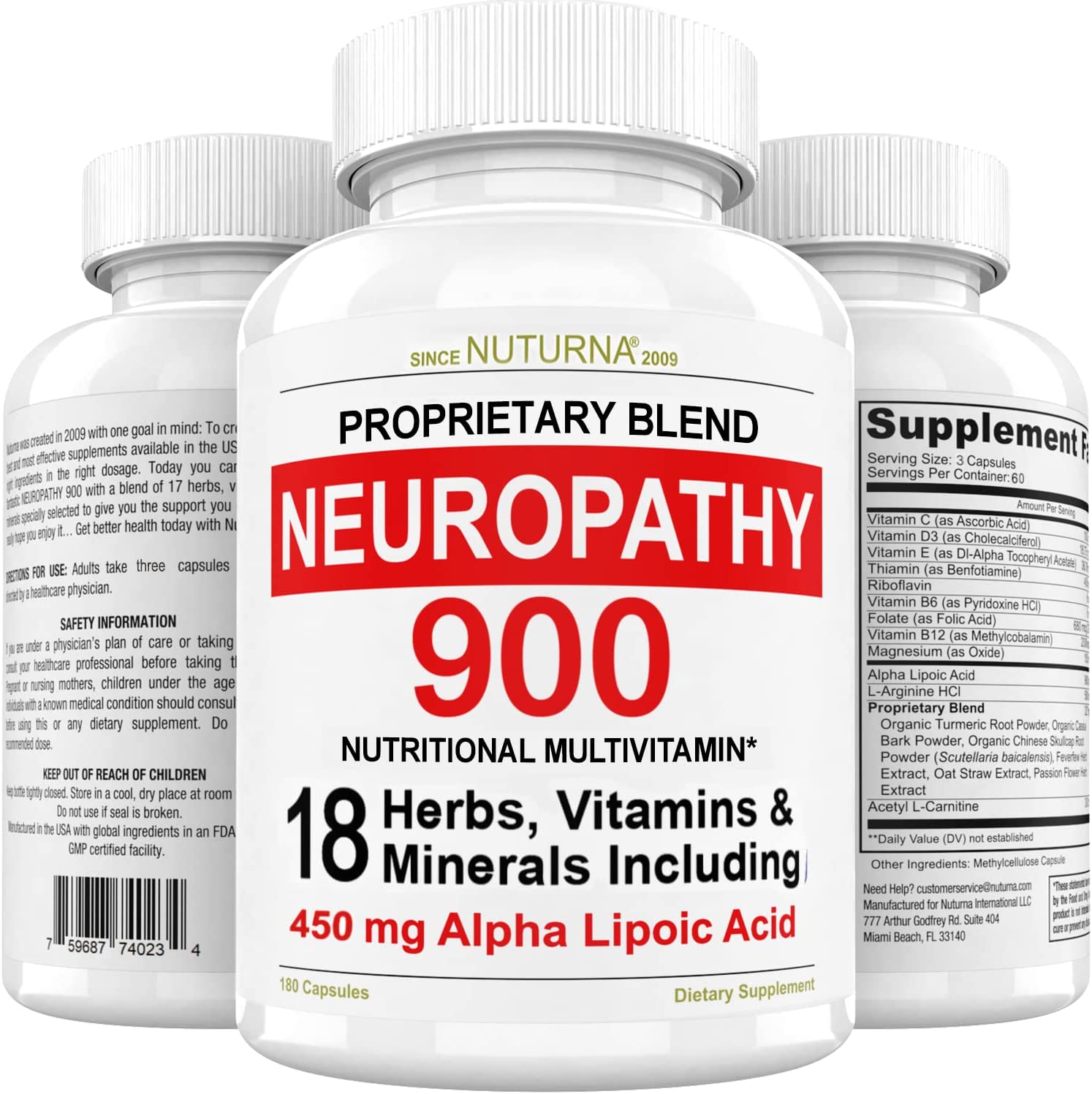 Can alcoholic neuropathy be cured or reversed?
Can alcoholic neuropathy be cured or reversed?
How long it takes for alcoholic neuropathy to go away usually depends on how much damage has been done to the nervous system and how quickly you stop using alcohol and restore the right nutrients. Even though some damage may be permanent, alcoholic neuropathy can usually be cured sufficiently for a person to resume a normal life. If some permanent damage remains, then they can mitigate it with alleviating medication. The body has a remarkable ability to recover, however, it needs to get the right kind of support to enact full behaviour changes.
Complete reversal is possible in the early stages.
As nerve cells can be regenerated, it is possible that all the damaged cells can be replaced thus reversing alcoholic neuropathy. However, the body’s ability to regenerate nerve cells is limited, so the degree of success is restricted by the state of the nervous system. The more damage there is, the less the chances of the total recovery.
Stopping the alcohol consumption helps to restrict the damage to some degree, however it is always reccomended to speak to a medical professional about the required level of care. Hospitalisation to recover from neuropathy may be required to administer medication and nutritional supplements required by the body.
If hospitalised, the patient will have the advantage of constant evaluation and adjustments in medication. It is not a good idea to self-medicate at home, as the combination of alcohol withdrawal and neural remediation is too complicated and risky without medical supervision.
Going forward, the person will need to sustain a healthy diet and make some lifestyle changes. They may also require physical or occupational therapy to correct muscle and movement problems. This can be done with the help of dieticians and therapists.
The neural disorder can return and cause more permanent damage if the patient continues to use alcohol. Continued alcohol use after a clinical diagnosis of alcoholic neuropathy not only extends the condition / recovery time may classify as an alcohol use disorder which in turn may require counseling from a qualified therapist to work through the drivers of the behaviour.
Related risks
- Loss of feeling leads to inadvertent cuts, burns, other injuries. Because they can not feel pain or heat, there are no warning signals when they, e.g., step on something or touch warm objects.
- They may be unaware of wounds and develop infections, due to loss off feeling and emotional disinterest in examining themselves for signs of injury.
- Dizziness, loss of balance and poor coordination can cause injuries, due to falling or colliding with objects.
- Relapsing into drinking mode after a period of sobriety, can cause relapse of neuropathy, with more damage than the previous time.
- Postponement of medical treatment may lead to increased and permanent nerve damage, organ damage and other disabilities.
- Avoiding treatment and attempting self-healing at home can result in disability or fatality, due to the complexity of healing multiple serious disorders at once.
- Alcoholics may become addicted to pain killers and other medications. This should be monitored during the healing process.
- With ageing, people become more vulnerable. Alcoholics become even sicker if they start drinking again after a few years.
Taking care of yourself
Ways to avoid or alleviate alcoholic neuropathy:
- Do not use alcohol
- Seek help if unable to stop using alcohol
- Eat healthy and balanced diet meals
- Take vitamin, mineral supplements
- Get professional medical advice, assistance
- Use prescribed medication as indicated
- Get physical therapy for muscle problems
- Get orthopaedic support appliances
- Wear compression stockings
- Sleep with your head elevated
- Check temperature of water (avoid burns)
- Be cautious when moving (avoid falling)
- Inspect yourself for cuts, infections
- Treat injuries to prevent infection
- Use decent footwear for injury protection
Nutrients
Good and bad nutrients
Good supplements for neuropathy
The following vitamins are recommended:
- Vitamin A
- Vitamin B1 (Thiamine)
- Vitamin B2 (Riboflavin)
- Vitamin B3 (Niacin / Nicotinic acid)
- Vitamin B5 (Pantothenic acid)
- Vitamin B6 (Pyridoxine)
- Vitamin B7 (biotin)
- Vitamin B9 (Folic acid / Folate)
- Vitamin B12
- Vitamin E
Recommended minerals : Potassium and magnesium
Note: Vitamin B6 must be used with caution
Best to consult your doctor about the dosage.
Good foods for neuropathy
Lean protein: Eggs, fish, lean red meat, lean poultry, liver, low-fat milk, scallops, shrimp, venison, yoghurt.
Vegetables: Artichoke, asparagus, beans, brewer’s yeast, broccoli, brown rice, brussels sprouts, carrots, chard, collards, garlic, green peas, kale, lettuce, onions, potatoes, quinoa, spinach, squashes, sweet potatoes, tomatoes.
Fruits: Bell peppers, blackberries, blueberries, cherries, cranberries, grapefruit, kiwis, oranges, pears, pomegranates, prunes, raspberries, red grapes, tomatoes, watermelon.
Other: Almonds, flaxseed, ginger, green tea, legumes, lentils, oats, peanuts, popcorn, pumpkin seed, soybeans, sunflower seeds, tofu, walnuts, whole-grain cereal.
Bad foods for neuropathy
Animal-derived: Butter, cheese, cream, fatty meat, full cream milk, full-fat ice cream, jellies.
Plant-derived: Refined bread, rolls, cakes, candy, cheese, chili, cookies, corn cakes, crackers, croissants, doughnuts, frozen desserts, granola, honey, instant rice, low-fibre cereals, milk chocolate, pancakes, pancake syrup, pasta, pastries, pita bread, pretzels, potato chips, refined grains, relish, rice cakes, sherbet, soft drinks, sugars and sugary foods, tacos, waffles, wheat bread, white bread, white rice.
Other: Fried and deep-fried foods, processed foods, pies, pizzas, salt, salsa, hot sauces.
How long does drinking have to go unchecked before neuropathy sets in?
Alcoholic neuropathy is a condition that typically only manifests itself in people who have a history of heavy drinking over a significant period of time. Neuropathy is the most common and potentially harmful sequelae seen in patients who suffer from chronic alcohol use disorder and with an estimated 25 and 66% of chronic alcoholics in the United States suffer with some form of neuropathy; however, the actual incidence rate in the general population worldwide is unknown. How much alcohol consumption causes neuropathy depends on many factors of the individuals lifestyle.
For men:
- Moderate drinking is defined as up to 2 standard drinks per day.
- Binge drinking is considered as consuming 5 or more standard drinks in about 2 hours.
For women:
- Moderate drinking is defined as up to 1 standard drink per day.
- Binge drinking is typically considered as consuming 4 or more standard drinks in about 2 hours.
A chronic alcohol use disorder would be bettere defined by a recovery professional. Taking into account the individual and their routine exceeding the moderate drinking norms and the effects of alcohol on their lifestyle.
Peripheral neuropathy diagnosis
Neuropathy is so complex that the diagnostic process can be quite difficult. Apart from probing questions about your condition, the doctor may want to perform various tests to ensure a correct diagnosis.
The tests may include:
- MRI scan
- Blood tests
- Enzymes levels
- Electrolyte levels
- Spinal fluid tests
- Thyroid function
- Urinary / bladder test
- Nerve and skin biopsy
- Nerve conduction tests
- Liver and kidney function
- Electromyography (EMG)
- Upper GI and small bowel series
- Esophagogastroduodenoscopy (EGD)
Symptoms of alcoholic neuropathy
The peripheral nerves affect the extreme parts of the body first, namely the hands and feet, but the nerve damage eventually spreads to other parts, including the torso and organs.
Symptoms and signs may include any of these:
- Tingling, pin pricking sensation in affected areas
- Jabbing, throbbing or freezing pain in affected areas
- Numbness in arms, legs (limbs feel dead, immovable)
- Lost sense of touch (cannot feel the things they touch)
- Sensitive to touch (feels pain when they are touched)
- Burning pain in arms, legs (feels like flesh is tearing)
- Muscle weakness, cramps and twitching
- Muscle atrophy (loss, shrinking of muscle mass)
- Loss of balance, unsteady when standing, walking
- Dizziness, faintness, head spinning
- Uncoordinated movement of hands, feet, limbs
- Unsteady gait (awkward, unstable walking pattern)
- Nausea (also “motion sickness” when moving around)
- Poor bladder control (weak urinating, incontinence)
- Unable to sweat, heat intolerance (sensitive to heat)
- Increased pain sensitivity when temperature drops
- Insomnia, difficulty falling asleep, restless sleep
- Alternating constipation and diarrhea
- Difficulty talking or swallowing
- Cuts, burns, bruises, infections
- Poor personal hygiene
- Difficulty breathing
- Irregular heartbeat
- Organ failure
- Over time, the symptoms become more intense.
Note: These symptoms are specific to alcoholic neuropathy only – the additional symptoms of alcoholism and alcohol withdrawal are not included above.
Rehabilitation treatment
Immediate short-term medical treatment is needed to stop further damage to the nerves and to achieve the resumption of normal body and brain functions. This is done by stopping the drinking, getting medical advice and, most probably, submitting to hospital or care centre for treatment. Several medications can be used for soothing the normal withdrawal symptoms of alcohol. In the presence of neuropathy, this should be done under medical supervision.
After detoxification and the restoration of nutrients, some of the neuropathic symptoms will fade naturally, whilst others will require further medical treatment. In some cases, there may be permanent nerve damage. Long-term treatment includes eating a good diet and taking health supplements to preserve neural health.
Psychotherapy is recommended for psychological recovery.
After the medical phase, you will need counselling from therapists experienced in alcohol treatment to achieve long-term success. Neuropathic problems become worse as one age. People who attend treatment in a therapeutic community have better long-term success rates. Nothing will help for neuropathic damage, unless the main culprit, alcohol, is removed.
Time to prioritise yourself
Build the mental agility to maintain executive roles, while restoring your mental health and wellbeing.



